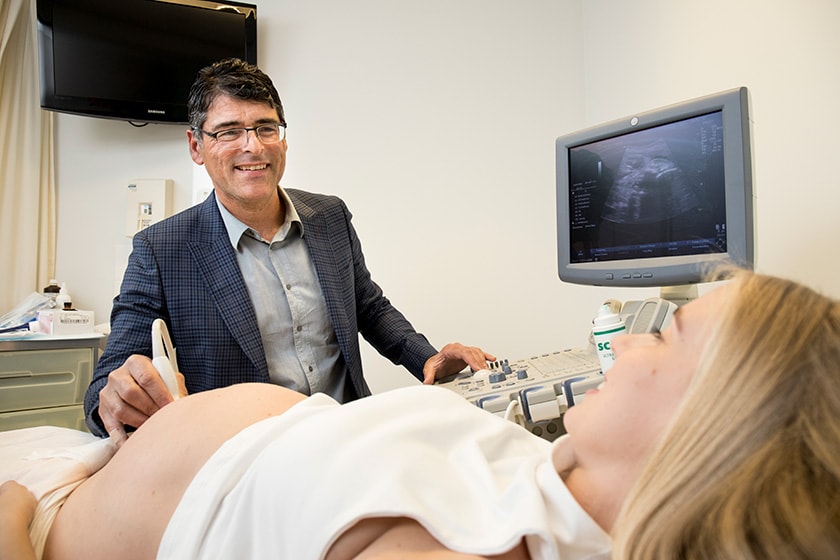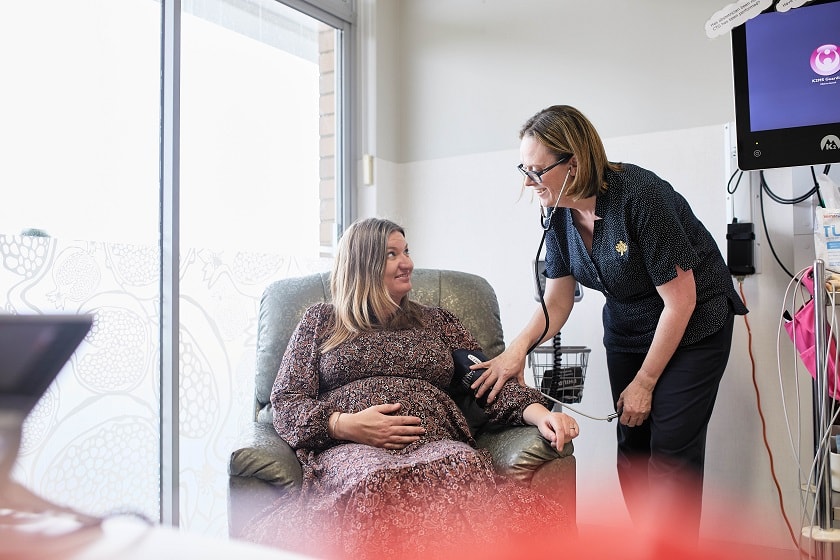St John of God Subiaco Hospital Obstetrician and Gynaecologist Dr Adam Gubbay explains Genetic Carrier Screening and the reason why some women choose to undergo the test.
Why would I get a Genetic Carrier Screening test?
Many of us carry abnormal genes without knowing it - these are called abnormal recessive genes.
If you and your partner carry the exact same abnormal recessive genes, you have a one in four chance of having a baby with a recessive condition.
The Genetic Carrier Screening test can detect abnormal genes prior to conception or during early pregnancy.
What are the most common recessive conditions?
The three most common recessive conditions are:
- Cystic fibrosis, which is a serious lung condition
- Spinal muscular atrophy, which is a serious neurological condition
- Fragile X syndrome, which is the second most common cause of intellectual handicap
What does the Genetic Carrier Screening test involve?
Blood testing can be performed to check for these conditions.
While many people prefer to have this screening test prior to falling pregnant, it can be also be performed during early pregnancy.
For more information about genetic testing, please talk to your obstetrician.
To learn more about our maternity services, please visit sjog.org.au/subiacomaternity.










